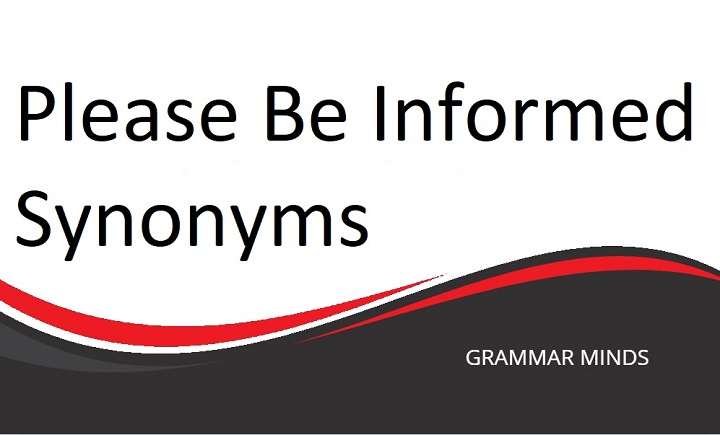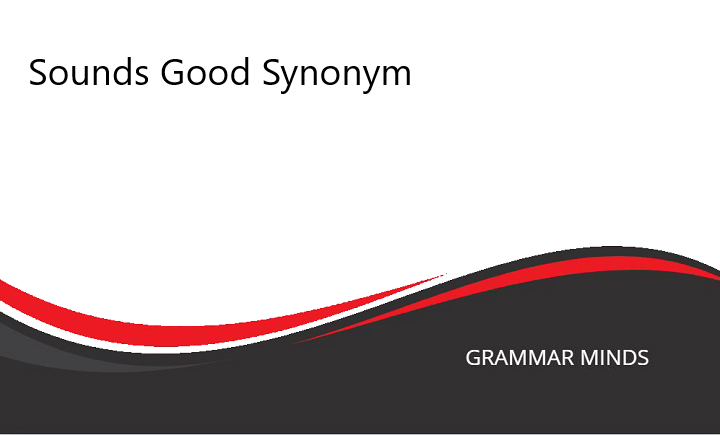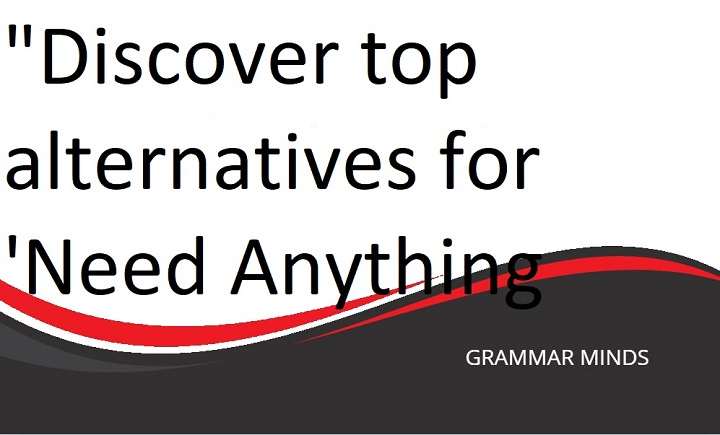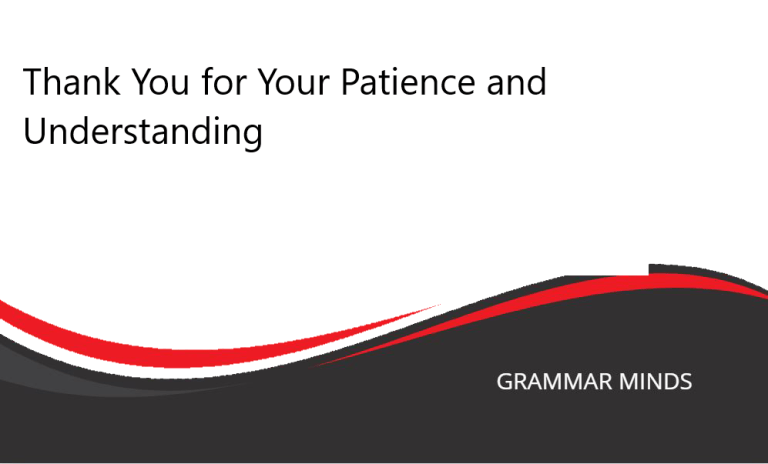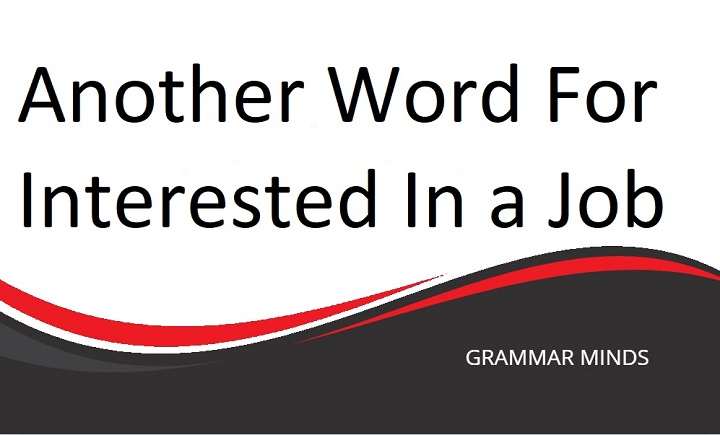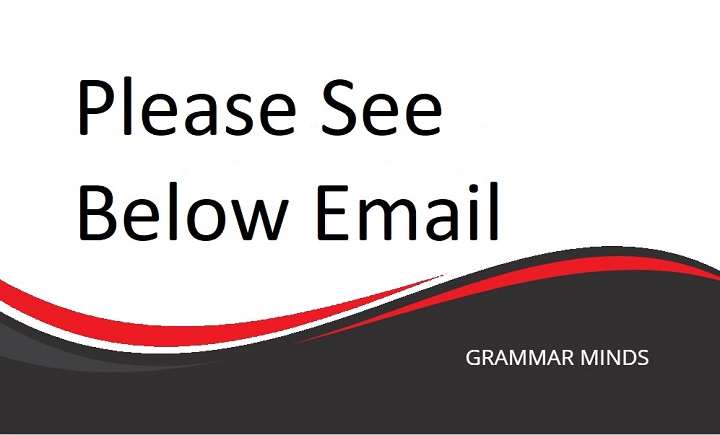Communication is key in both professional and personal interactions, but it can often feel repetitive if we rely on the same phrases over and over. Do you find yourself using the phrase “Please be informed” repeatedly? Have you grown tired of this expression and are looking for ways to sound more polished or varied in your writing and conversations?
Don’t worry! We’ve compiled a list of handy synonyms and alternative phrases that you can use to replace “Please be informed” and elevate your communication. Whether you’re writing a formal email or having a casual conversation, these alternatives will help you communicate more effectively while avoiding redundancy.
Other Ways to Say “Please Be Informed”
Here’s a selection of alternative ways to express the same sentiment as “Please be informed” without repeating yourself.
- Kindly note
- Please be advised
- It is important to inform you
- This is to notify you
- We would like to bring to your attention
- Please take note
- Be aware
- For your information
- We wish to inform you
- You are hereby informed
These synonyms are versatile and can be used in various contexts. Keep reading to learn how and when to use each phrase effectively.
Key Notes
The phrase “Please be informed” is grammatically correct and suitable for formal situations, particularly in emails or professional documents. However, it can sometimes feel a bit basic or repetitive. You can swap it out for different phrases depending on the tone and context of your communication.
For example, “Kindly note” is great for formal emails, while “Be aware” offers a more casual and direct tone. Below, we will explore these alternatives in more depth, providing examples and usage tips for each.
Kindly Note
Usage:
If you’re looking for a more polite and formal way to say “Please be informed,” try using “Kindly note.” This phrase is often used in professional environments, particularly in emails, where you want to maintain a respectful tone.
Example (in an email):
Dear [Recipient’s Name],
Thank you for your recent inquiry. Kindly note that our team will get back to you within 2-3 business days.
Best regards,
[Your Name]
Why Use It:
“Kindly note” sounds professional and courteous, making it ideal for business communication. It is an excellent choice for emphasizing important information without sounding too direct or harsh.
Please Be Advised
Usage:
“Please be advised” is another formal alternative that is particularly useful in emails and official announcements. It adds a tone of authority and professionalism to your message.
Example (in an email):
Dear [Recipient’s Name],
Please be advised that our office will be closed on Friday due to a public holiday.
Best regards,
[Your Name]
Why Use It:
“Please be advised” is a step up from “Please be informed” in terms of formality. It’s often used in legal, business, or official contexts when delivering important information.
It Is Important to Inform You
Usage:
If you want to stress the importance of the information being conveyed, “It is important to inform you” is a great choice. This phrase emphasizes urgency or the significance of the message.
Example (in a formal notice):
Dear [Recipient’s Name],
It is important to inform you that the deadline for submitting your documents has been extended to the 30th of this month.
Best regards,
[Your Name]
Why Use It:
This phrase works well when you need to convey a sense of urgency or seriousness. It’s a slightly longer and more formal way of delivering important news.
This Is to Notify You
Usage:
“This is to notify you” is another alternative commonly used in formal written communication, such as letters, memos, or emails. It’s a bit more direct but still maintains a professional tone.
Example (in a business letter):
Dear [Recipient’s Name],
This is to notify you that the annual shareholder meeting will be held on October 15th.
Best regards,
[Your Name]
Why Use It:
“This is to notify you” is clear and concise, making it ideal for straightforward announcements or formal communications that require clarity.
We Would Like to Bring to Your Attention
Usage:
When you want to soften the delivery of information or highlight something in a more polite manner, “We would like to bring to your attention” is an excellent phrase to use. It’s commonly found in formal emails and letters.
Example (in a memo):
Dear [Recipient’s Name],
We would like to bring to your attention that the new company policies will take effect from the 1st of November.
Best regards,
[Your Name]
Why Use It:
This phrase is both polite and formal, making it a good option when delivering important updates or changes in a professional setting.
Please Take Note
Usage:
For a simple yet formal alternative to “Please be informed,” “Please take note” works well. It’s a straightforward way to direct someone’s attention to specific information.
Example (in an announcement):
Dear [Recipient’s Name],
Please take note that all employees are required to complete the training by the end of the week.
Best regards,
[Your Name]
Why Use It:
This phrase is short and to the point, making it suitable for both formal and semi-formal communication, such as emails or notices.
Be Aware
Usage:
“Be aware” is a more casual alternative to “Please be informed.” It is commonly used in conversational settings or in less formal written communication.
Example (in a conversation):
Hey [Friend’s Name],
Be aware that the deadline has changed to Friday.
Why Use It:
“Be aware” is direct and informal, making it perfect for quick reminders or notifications in casual settings.
For Your Information
Usage:
A phrase that fits both formal and informal contexts, “For your information” or “FYI” is widely used to share important or useful details.
Example (in a message):
Hi [Recipient’s Name],
For your information, the meeting has been rescheduled to 3 PM tomorrow.
Best,
[Your Name]
Why Use It:
“For your information” is a flexible and neutral phrase, making it suitable for emails, conversations, or any situation where you want to pass along useful information.
We Wish to Inform You
Usage:
“We wish to inform you” is a highly formal phrase used in official or formal contexts, such as business letters or announcements.
Example (in a formal letter):
Dear [Recipient’s Name],
We wish to inform you that your application has been successfully processed.
Best regards,
[Your Name]
Why Use It:
This phrase has a formal tone, often seen in customer service or administrative communication. It is polite and ideal for business letters.
You Are Hereby Informed
Usage:
This phrase, “You are hereby informed,” is typically used in formal or legal documents to convey official information.
Example (in a legal notice):
Dear [Recipient’s Name],
You are hereby informed that the property has been transferred to the new owner.
Sincerely,
[Your Name]
Why Use It:
“You are hereby informed” is used in highly formal situations, often in legal, administrative, or official contexts where precision and authority are required.
Is It Correct to Say “Please Be Informed”?
Yes, “Please be informed” is grammatically correct and suitable for both formal and informal settings. It’s a versatile phrase that works well in professional emails, conversations with colleagues, or even in casual chats with friends. However, as with any commonly used phrase, overusing it can make your communication feel monotonous.
By utilizing the synonyms listed above, you can diversify your vocabulary and enhance the clarity and tone of your messages. For instance:
- “Kindly note” and “Please be advised” are perfect for formal communication.
- “Be aware” and “For your information” can be used in more casual settings.
You can also try slight variations of this phrase, such as:
- “Please be made aware”
- “Kindly be informed”
- “We would like to notify you”
Also Read
What to Say Instead of “Family Emergency”
In conclusion, “Please be informed” is a perfectly acceptable and grammatically correct phrase, whether you’re using it in a formal or informal setting. However, the alternative phrases provided in this article will help you diversify your vocabulary and communicate more effectively in different contexts. By incorporating these alternatives into your communication, you’ll avoid repetition and make your messages stand out while maintaining the appropriate tone for your audience.

